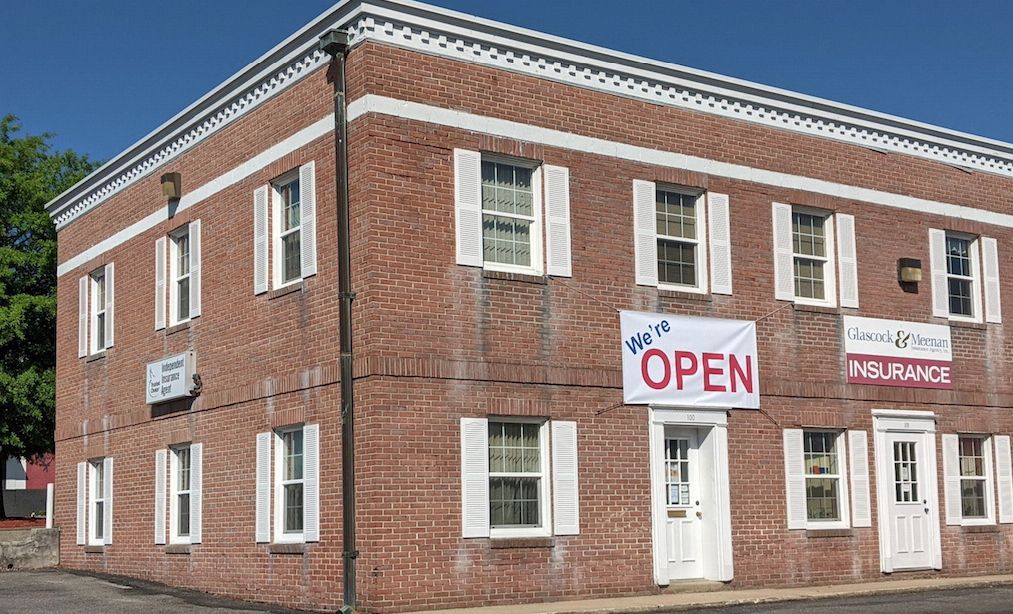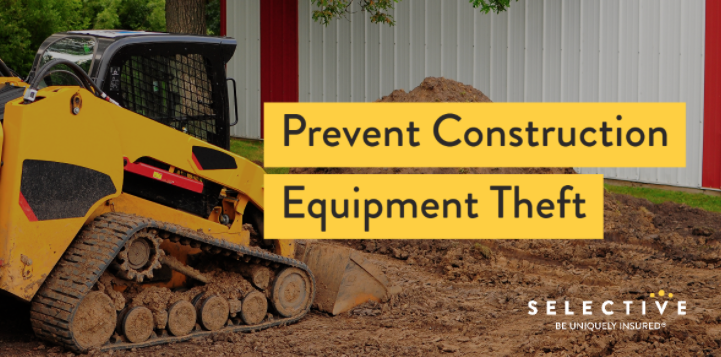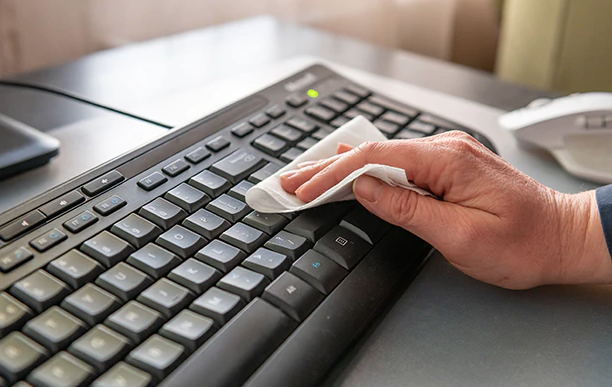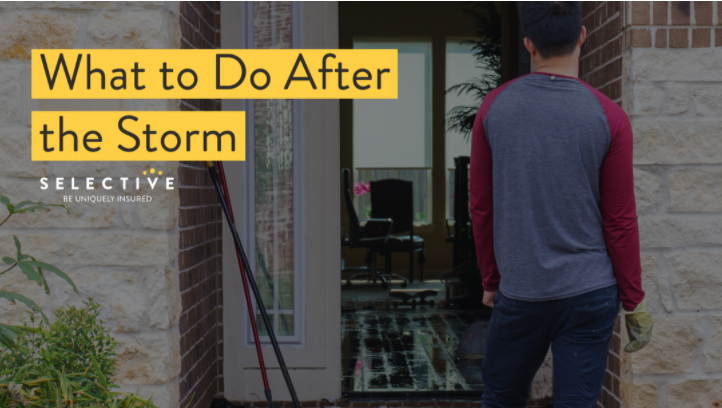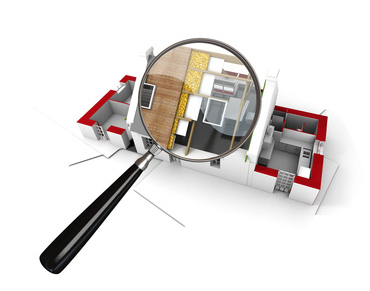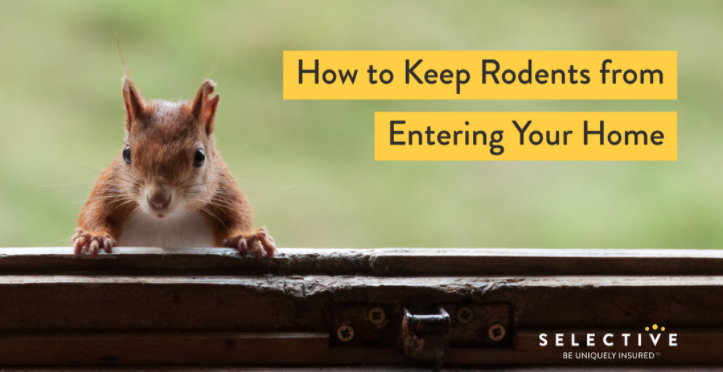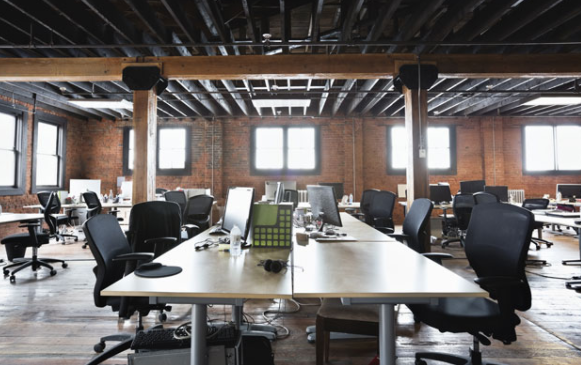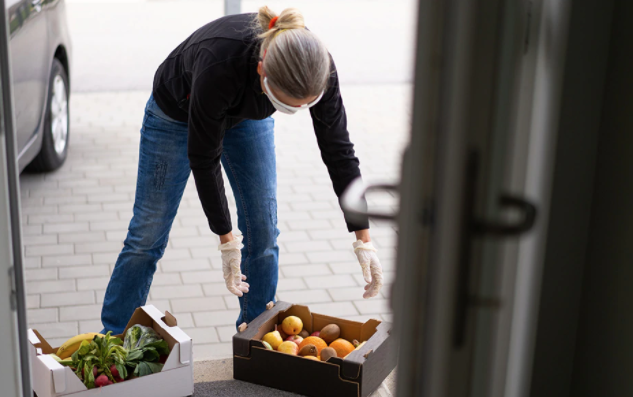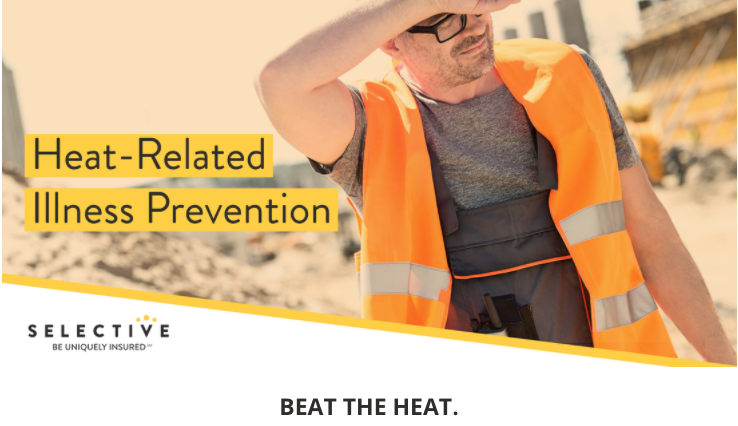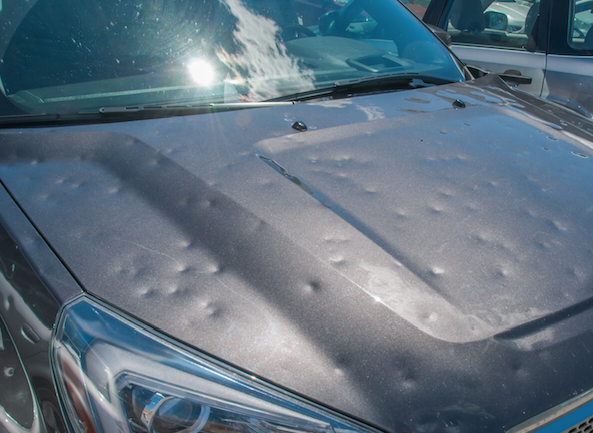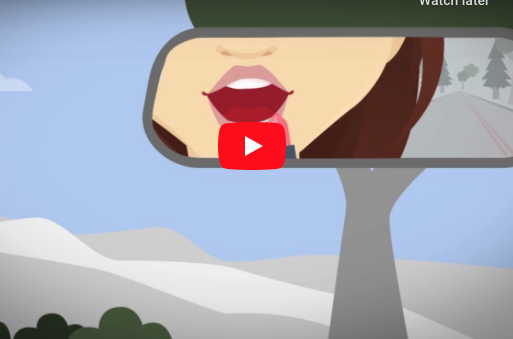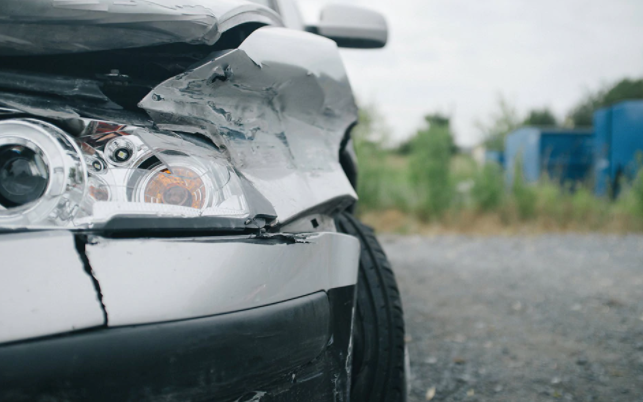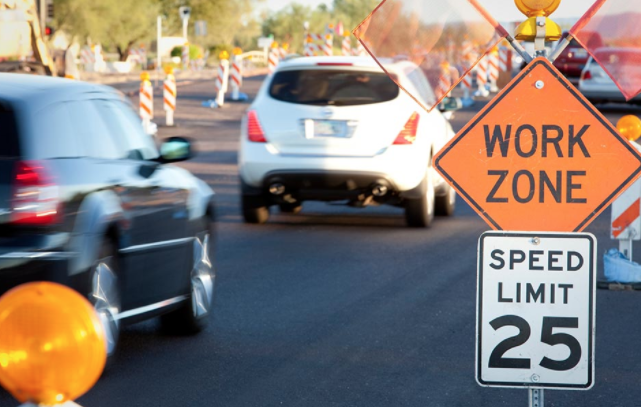The Science of Gas Grill Fires
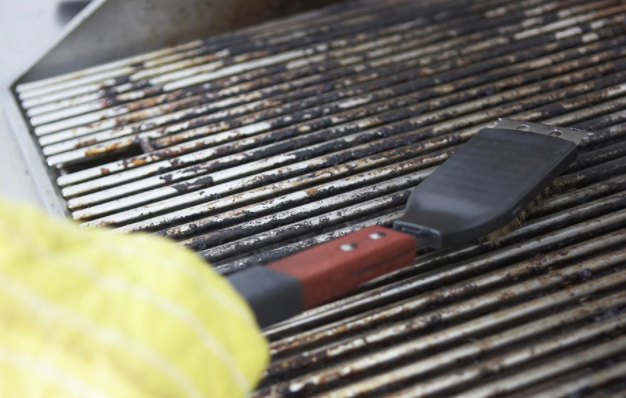
At laid-back barbecues and neighborhood gatherings across the country, the grill has become a popular fixture. While grills may be a convenient way to cook, they still require regular maintenance. Nearly 9,000 fires a year, on average, involve grilling.
Five out of six of these reported fires involved gas-fueled grills.1 So what causes a gas grill to catch on fire? We’ll take a look at three of the leading causes, and explore the science behind gas grill fires.
1. Failure to Clean the Grill, Including the Grease Trap
As grease drips from hamburger patties and collects in the grease trap, a secondary fuel source is quietly accumulating. It doesn’t take too many barbecues for that grease trap to fill and create a dangerous condition. In addition to grease, spiders and other insects can build nests in the burner tubes. This can obstruct gas flow, resulting in what is called a “Flashback Fire,” which causes flames to come out around the control panel.
What causes grease fires: When the grill cover is closed and the burners are on, the temperature within the grill can reach very high temperatures (>500°F) in just a minute or two. If residual grease is present, it can ignite and release an incredible amount of energy that can quickly spread to adjacent items or even your home, depending on where the grill is located. This is not the only way residual grease can ignite. Flare-ups from cooking fatty foods or meats that have been marinated in oil (an expected part of the grilling experience) can also ignite residual grease if allowed to accumulate.
What causes Flashback fires: Spiders or other small insects may build nests in the burner tubes (the tubes that lead from the valve to the burner), which can obstruct the flow of gas to the burner. While there may be enough gas flowing to the burners to allow them to light, the obstructions can cause some of the gas to back up and flow out of the air shutter located near the control knob. These escaping gases can ignite and can represent a fire or injury hazard.
What you can do: Regularly clean your grill, paying particular attention to areas where grease can accumulate. These areas include around and under the burners as well as the grease cup, which is typically located under the grill. Other areas where grease can accumulate are on the flame tamers – these are the flat pieces of steel that are typically located above the burners to distribute heat evenly throughout the grill.
You can also avoid excessive flare-ups by trimming meat or using a lower heat setting when grilling. To prevent flashbacks, you should regularly inspect the burner tubes and clean with an appropriate bottle brush. Between cleanings, check the flames on your burners. If they are uneven across the burner or yellow in color, this may indicate blockage. Read more
